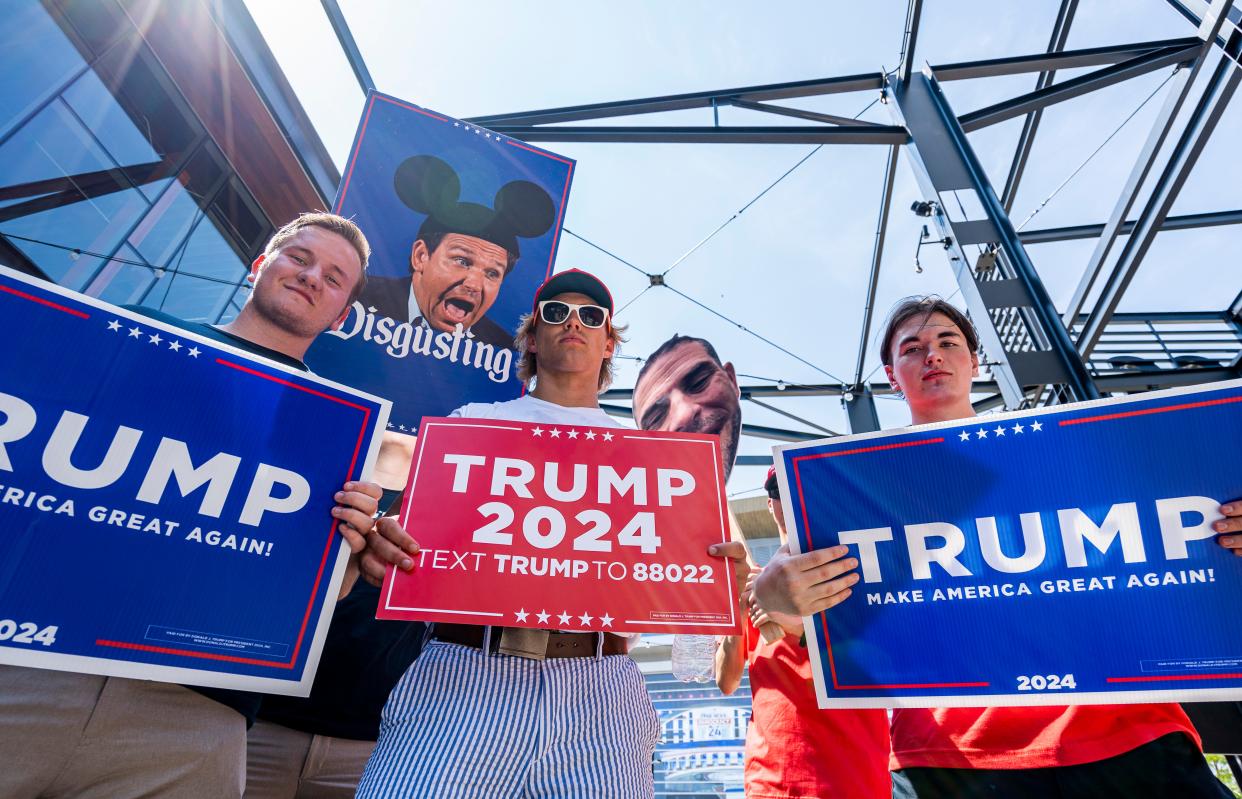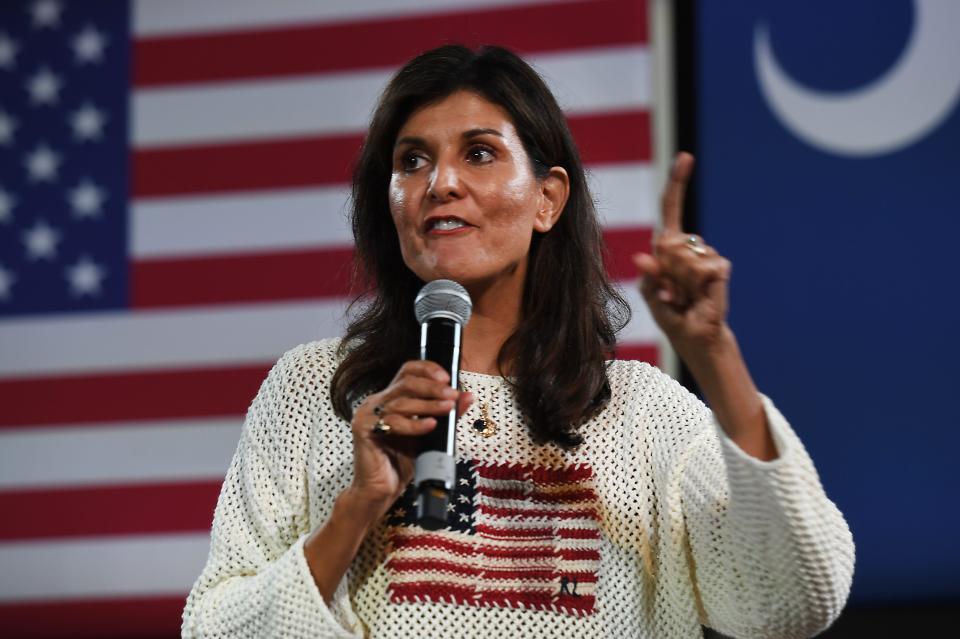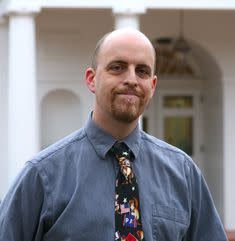Professor: Media has undue influence in picking presidents. Let's renew Fairness Doctrine.

This commentary is co-authored by John A. Tures, a professor of political science at LaGrange College
As Republican presidential candidates gathered to debate each other in Milwaukee, Wisconsin, there was a surprise winner: The media. Though people claim to hate it, and many scholars dismiss its powers of persuasion, the media has a huge level of influence over our elected officials. And I’ve got some pretty good evidence to back this up.
You couldn’t get on stage in Wisconsin without getting enough poll support. In fact these harsh polling rules kept many from entering the race in the first place, according to Walt Hickey with Business Insider, and will deny others a chance to appear in front of the voters for some badly needed exposure, especially as professional media attention-grabber Trump skipped the debate.
This summer, I researched how often candidates are covered on the Internet. I found Trump got 256 times as many Google hits as Asa Hutchison. This could help explain why Trump averaged about 53% in surveys this summer, while Hutchison couldn’t even manage 1% in the polls, even though people liked him at the Georgia convention. It’s not just Google. Bing’s search engine generates one hit for Hutchison for every 142 for Trump. As Trump has 36 million hits on Bing, and Hutchison is only managing 252,000 on the same search engine.
It's not as if Hutchison is a nobody. He’s a former congressman, Homeland Security director, and Arkansas governor. I would personally like to know some of Hutchison’s solutions to our nation’s problems. I suspect he just might take a different approach to Russia and China, as well as share some good policy ideas dealing with inflation and immigration, ones that voters might want to know. But we’ll probably never know them.
Former South Carolina Gov. Nikki Haley, who also served in the S.C. Legislature and as U.S. ambassador to the United Nations, has a lot to be jealous of Hutchison’s hits. I found only 91,000 hits for Haley on Bing. Trump receives 395 times more coverage than she gets.

I gathered data on Google hits for 10 presidential candidates, and calculated the percentage of their sum of total hits. I then compared it to their average RealClearPolitics poll percentage from mid-June to mid-July. You’d be stunned by the results: Trump had 49.1% of the combined hits for all 10 presidential candidates, and 53% in the polls. Florida Gov. Ron DeSantis had 18.62% of all hits, and 20.6% of the votes in the poll average.
Sense a pattern? Most of the rest of the candidates have less than 5% of the hits, and a similarly tiny standing in the polls. The correlation measure between hits and polls was a stunning .9561.
We used to have something called the Fairness Doctrine, where the media was supposed to give relatively equal coverage to all candidates so the American people could decide. It was developed and enforced by the Federal Communications Council starting in 1949. It was backed by Congress in 1954, and upheld by the United States Supreme Court in 1969 in the Red Lion Broadcasting Co. v. FCC case. But it was Ronald Reagan’s campaign chairman who opposed it in the 1980s, claiming “the doctrine hurt the public interest and violated free speech rights guaranteed by the First Amendment."

Two years later, in 1987, the FCC panel repealed the Fairness Doctrine. An outraged U.S. Senate voted against the FCC rule, but President Reagan vetoed it. This isn’t an anti-Reagan rant: This information comes from the Reagan Library.
Several GOP candidates stood on the stage and competed for the interest of the American people this week. But their presence there, and the absence of others, was hardly an accident. Unless you get a lot of attention from the media, new and traditional, you don’t stand a chance. And the voters won’t have any more say in this than the candidates.
That is the case, unless we restore the Fairness Doctrine, as Chris Lehmann, editor of the New Republic, has called for.
This article originally appeared on Savannah Morning News: Media and polling shape U.S. presidential races and favored candidates
